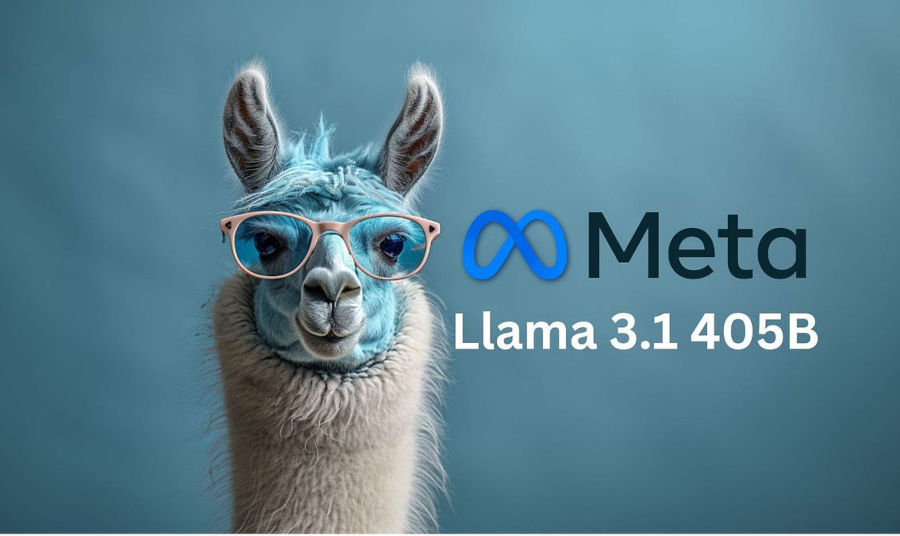.jpg)
Google Delays Gemini Launch: GPT-4 Competitor Launch Postponed to January
Strategic Delay as Google Prioritizes Refinement Amidst Non-English Query Issues
NEWS AI December 4, 2023 Reading time: ~1 minute)
Google's highly anticipated Gemini launch, initially scheduled for next week, has been abruptly canceled, with the tech giant now aiming to introduce its GPT-4 competitor in January. The decision follows challenges in Gemini's development, particularly in handling non-English queries, prompting CEO Sundar Pichai to prioritize refinement before release.
Gemini was presented as a foundational model with impressive multimodal capabilities early in its training. The initial plan was to launch it discreetly before year-end, strategically positioned between the holidays. However, internal sources revealed that the model faced difficulties in addressing queries in languages other than English, leading to a cautious delay.
The envisioned capabilities of Gemini are ambitious, intending to handle a diverse array of applications by seamlessly integrating various types of data, such as images and text, for more advanced tasks. Google stated in May that once fine-tuned and rigorously tested for safety, Gemini would be available in various sizes and capabilities.
The significance of Gemini extends beyond its standalone capabilities, as it is expected to enhance Google's existing AI ecosystem, including products like Bard, Google Assistant, and Search. The integration of Gemini is anticipated to bring notable improvements, positioning Google to compete more effectively in the evolving AI landscape.
However, Google's decision to delay the launch reflects a strategic approach, acknowledging the dominance that rival OpenAI holds in the AI space. Rather than rushing Gemini to market, Google appears committed to ensuring the model's readiness, emphasizing thorough testing and safety measures.
As we await the unveiling of Gemini in January, the tech community anticipates not only the potential advancements it brings to Google's AI offerings but also how it will stack up against existing competitors, particularly OpenAI.
*Our pages may contain affiliate links. If you buy something via one of our affiliate links, Review Space may earn a commission. Thanks for your support!
THE LATEST
CATEGORIES

























COMMENTS